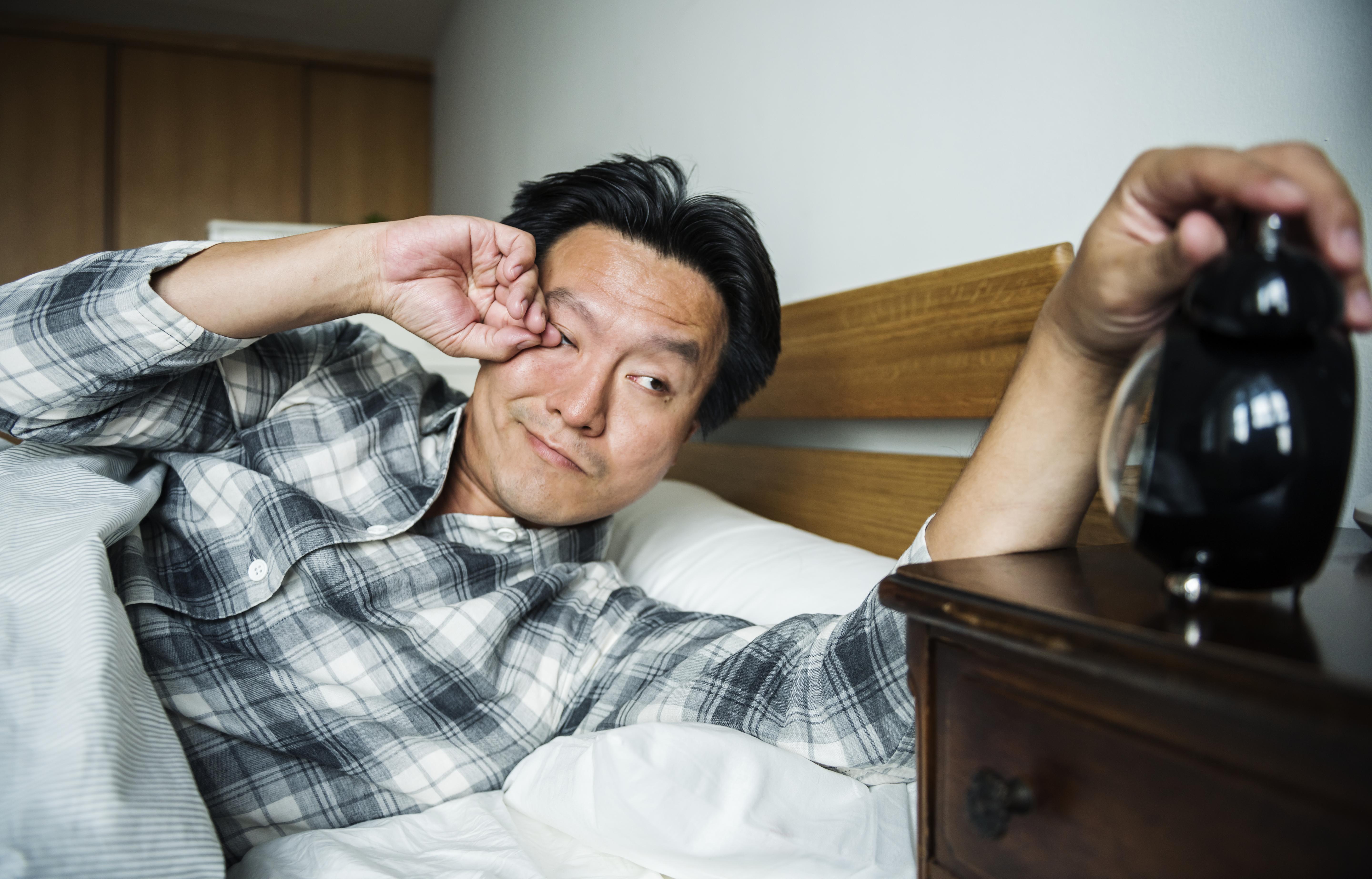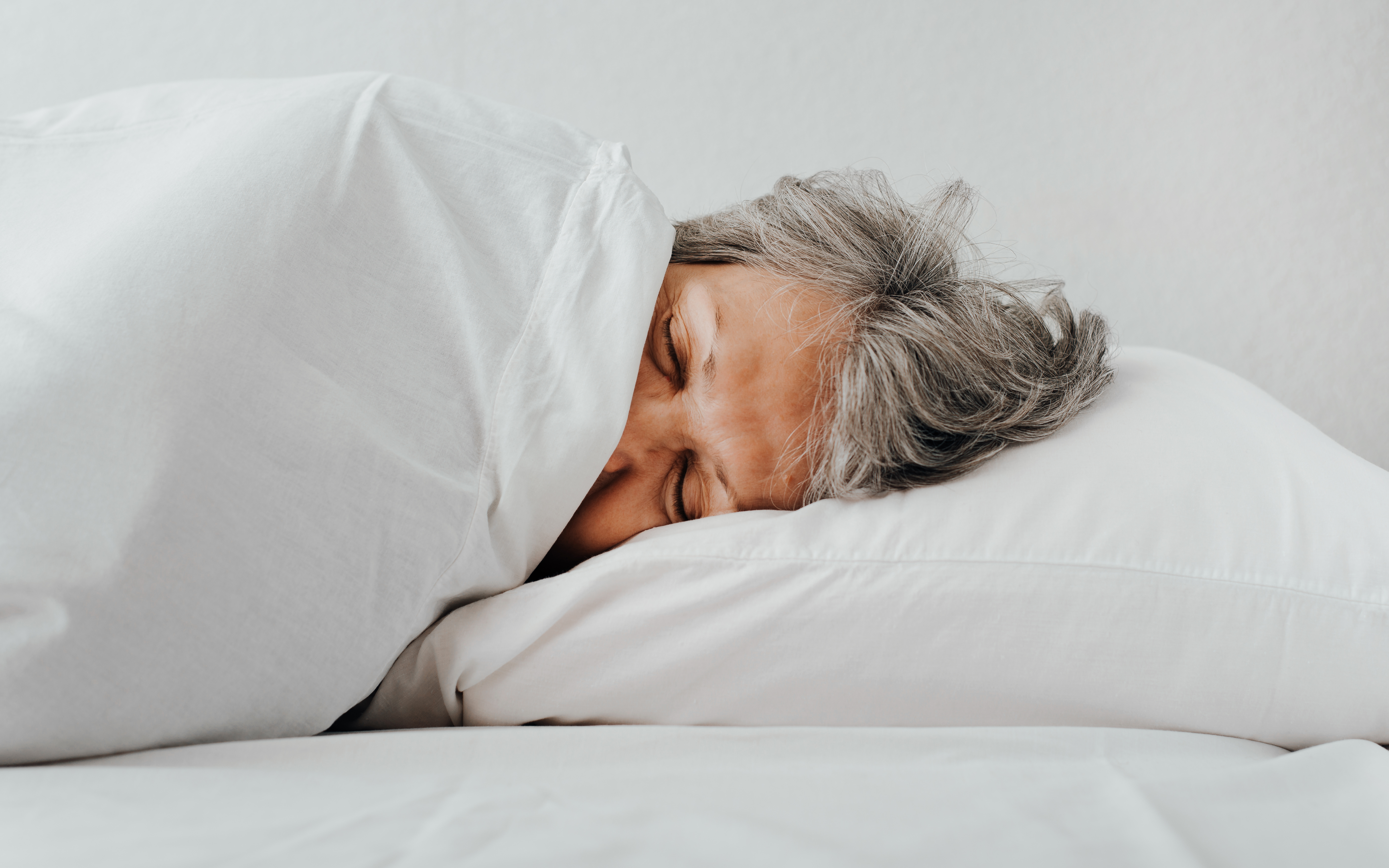The Link Between Allergies and Sleep Quality
3. Allergic Rhinitis and Its Impact on Sleep Architecture
Allergic rhinitis, commonly known as hay fever, is a prevalent condition that significantly affects sleep architecture. This condition can lead to increased sleep latency, reduced sleep efficiency, and frequent nighttime awakenings. The inflammation caused by allergic rhinitis can also increase the likelihood of developing sleep disorders, such as insomnia. Understanding the relationship between allergic rhinitis and sleep architecture is vital for developing targeted interventions. By managing symptoms through medication or lifestyle changes, individuals can improve their sleep patterns and reduce the negative effects of allergies on their nightly rest.
4. The Role of Histamines in Sleep Disruption

Histamines play a dual role in the body, acting as both a mediator of allergic reactions and a regulator of the sleep-wake cycle. During an allergic response, elevated histamine levels can lead to increased wakefulness and reduced sleep quality. This is because histamines are involved in promoting alertness and wakefulness in the brain. Antihistamines, commonly used to treat allergies, can counteract this effect by blocking histamine receptors, promoting drowsiness, and facilitating sleep. However, not all antihistamines are created equal, and understanding their impact on sleep is crucial for selecting the right treatment.
